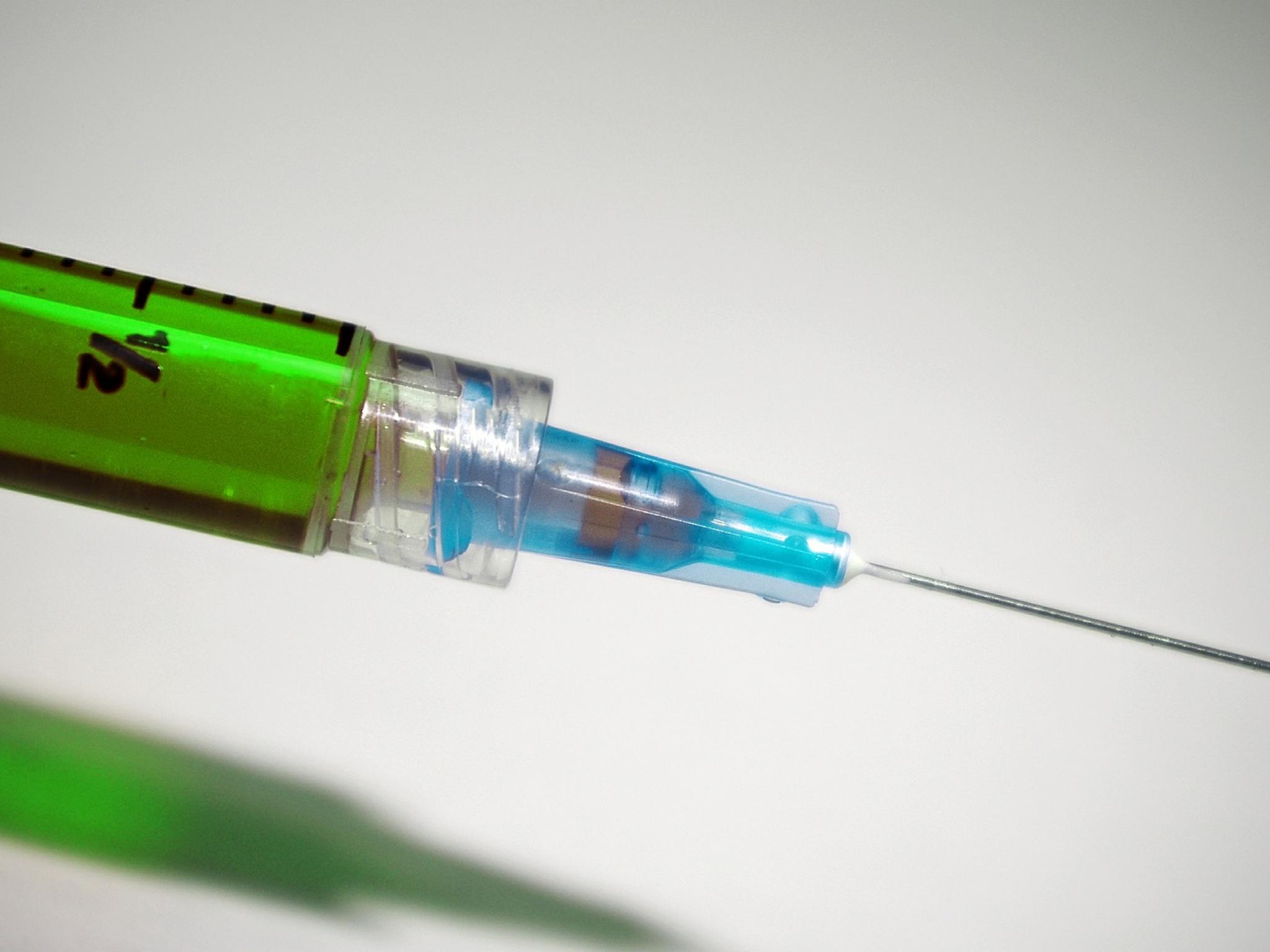
According to a Bloomberg News report, unsealed court documents show that Johnson & Johnson (NYSE:JNJ) paid for a study that injected ten incarcerated Black men with asbestos as part of the Company's early talcum powder trials.
In one study, inmates were paid to be injected with potentially cancer-causing asbestos so JNJ could compare its effect on their skin versus that of talc, a key component in its baby powder.
While news of the 50-year-old study itself isn't new, as it first came to light decades ago, JNJ's involvement in the experiments conducted by a University of Pennsylvania dermatologist Albert Kligman over two decades at Holmesburg Prison is new.
The testing regime, according to Bloomberg, was also funded by Dow Chemical and the federal government and first came to light decades ago.
Related: Johnson & Johnson Allowed To Move Ahead With Bankruptcy Strategy On Talc Lawsuits: WSJ.
Bloomberg found that J&J didn't dispute hiring Kligman in the 1960s to do the baby powder tests, but JNJ officials said they regretted its involvement with the dermatologist.
According to the unsealed files, Kligman recruited ten prisoners in 1971 to get injections of tremolite and chrysotile asbestos, along with a talc shot in their lower backs.
Kligman, meanwhile, died in 2010, and according to Bloomberg, never acknowledged any wrongdoing. "My use of paid prisoners as research subjects in the 1950s and 1960s was in keeping with this nation's standard protocol for conducting scientific investigations at the time," Kligman told the Baltimore Sun in 1998.
Price Action: JNJ shares closed 0.29% lower at $171.70 during after-hours trading on Monday.







